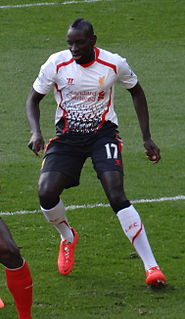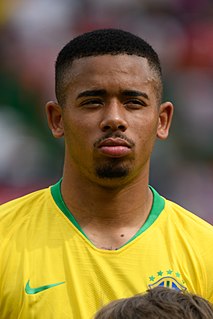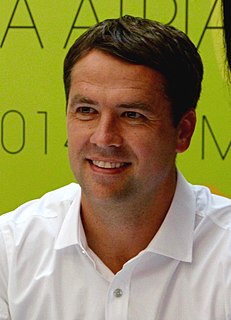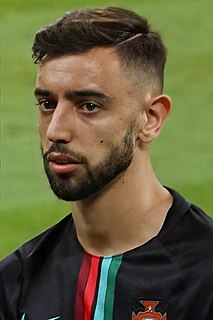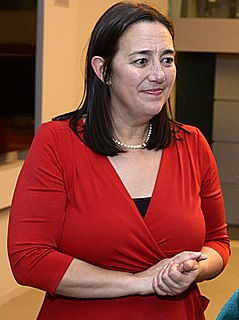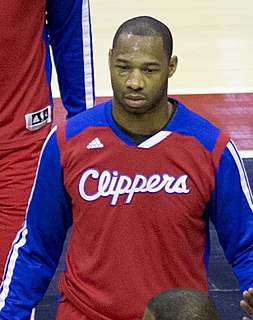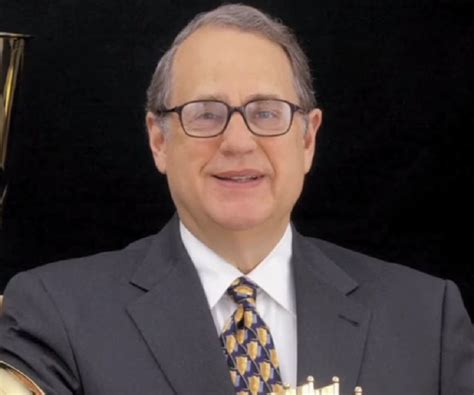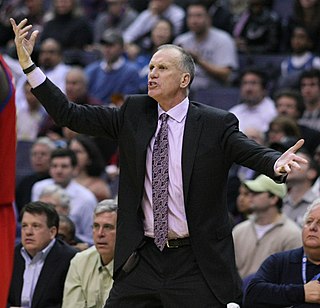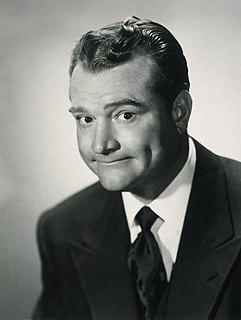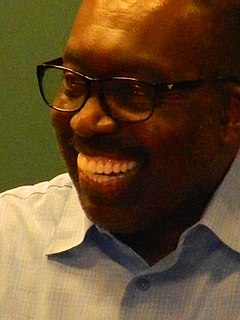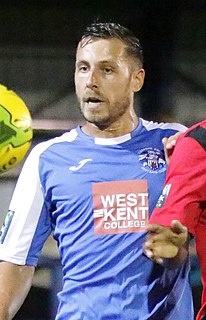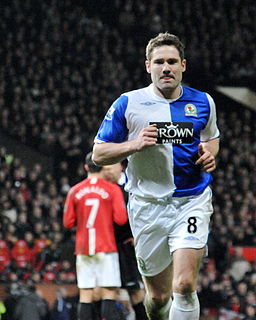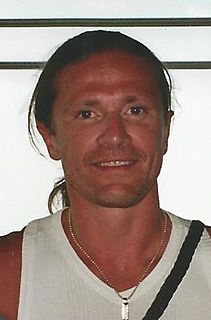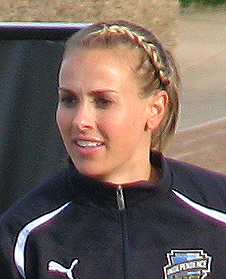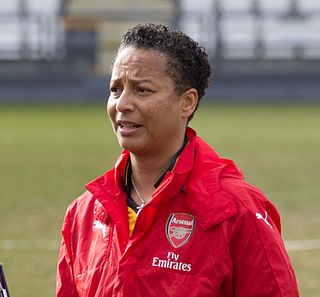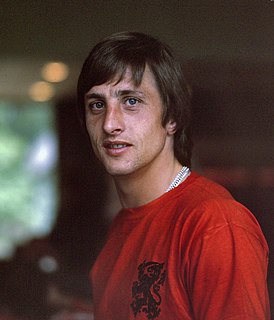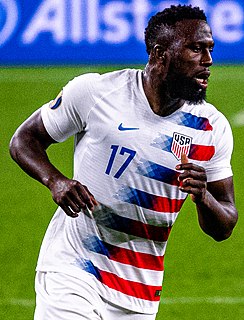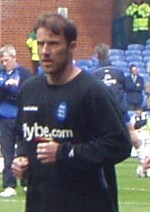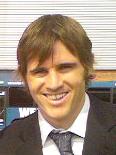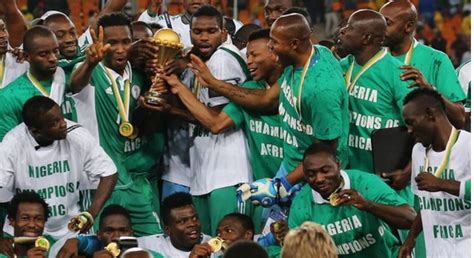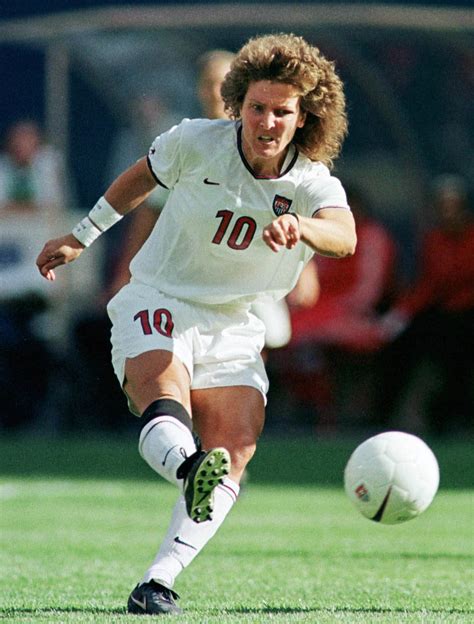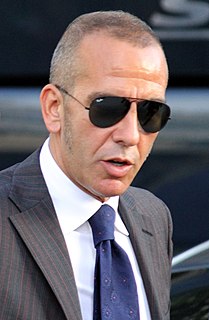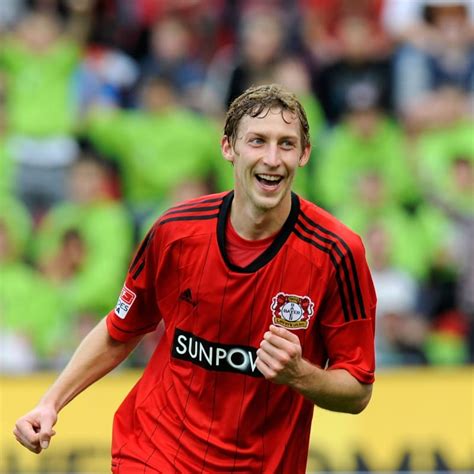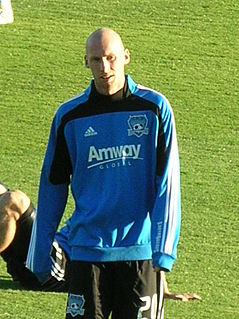A Quote by Mamadou Sakho
When the coach told me I was playing, I said: 'We're going to Brazil.' It doesn't matter how. If I'd had to score with my hand, the ball would have been in the back of the net.
Related Quotes
Whenever I score for Manchester City, my mother calls me. As soon as the ball hits the back of the net, the phone rings. It doesn't matter if she's back home in Brazil or if she's in the stadium watching me. She calls me every time. So I run to the corner flag, and I put my hand to my ear, and I say, 'Alo Mae!'
The stories my pupils told me were astonishing. One told how he had witnessed his cousin being shot in the back five times; another how his parents had died of AIDS. Another said that he'd probably been to more funerals than parties in his young life. For me - someone who had had an idyllic, happy childhood - this was staggering.
My greatest moment as a jock occurred when I was 14 and playing punch ball in front of my house on Albemarle Road near East 17th Street in Brooklyn. I ran back, back for a ball, and it fell in my hands. I didn't even see it. Everyone congratulated me on the catch, and I never told them how it really happened.
She didn’t understand why it was happening,” he said. “I had to tell her she would die. Her social worker said I had to tell her. I had to tell her she would die, so I told her she was going to heaven. She asked if I would be there, and I said that I would not, not yet. But eventually, she said, and I promised that yes, of course, very soon. And I told her that in the meantime we had great family up there that would take care of her. And she asked me when I would be there, and I told her soon. Twenty-two years ago.
Once after Barefoot In the Park had been playing for about a week I went back to see it, watching the audience, which was just falling over laughing except for one guy sitting the aisle. I was transfixed. I said to myself, there seems to be no way to get to him. No one else would I watch except this one man. My wife joined me about 20 minutes later and asked me how it was going, and I said, terrible. I really meant it. There was no way to get to this man. It destroyed me.
There was a very small crowd - minuscule compared to the crowd that he gathered later - at a private home in Los Angeles. And we were standing on the back patio, waiting for him. And he came through the house, saw me and immediately put his hand up in the Vulcan gesture. He said, 'They told me you were here.' We had a wonderful, brief conversation and I said, 'It would be logical if you would become president.'
I remember when I went to try out for the Olympic team in 1972, Coach Iba told me he didn't care how many points I could score because if I couldn't guard anybody, I wasn't going to make the team. I knew to make the team I had to become a better defender. If you can play offense, you can defend. It just comes down to competitive will.
